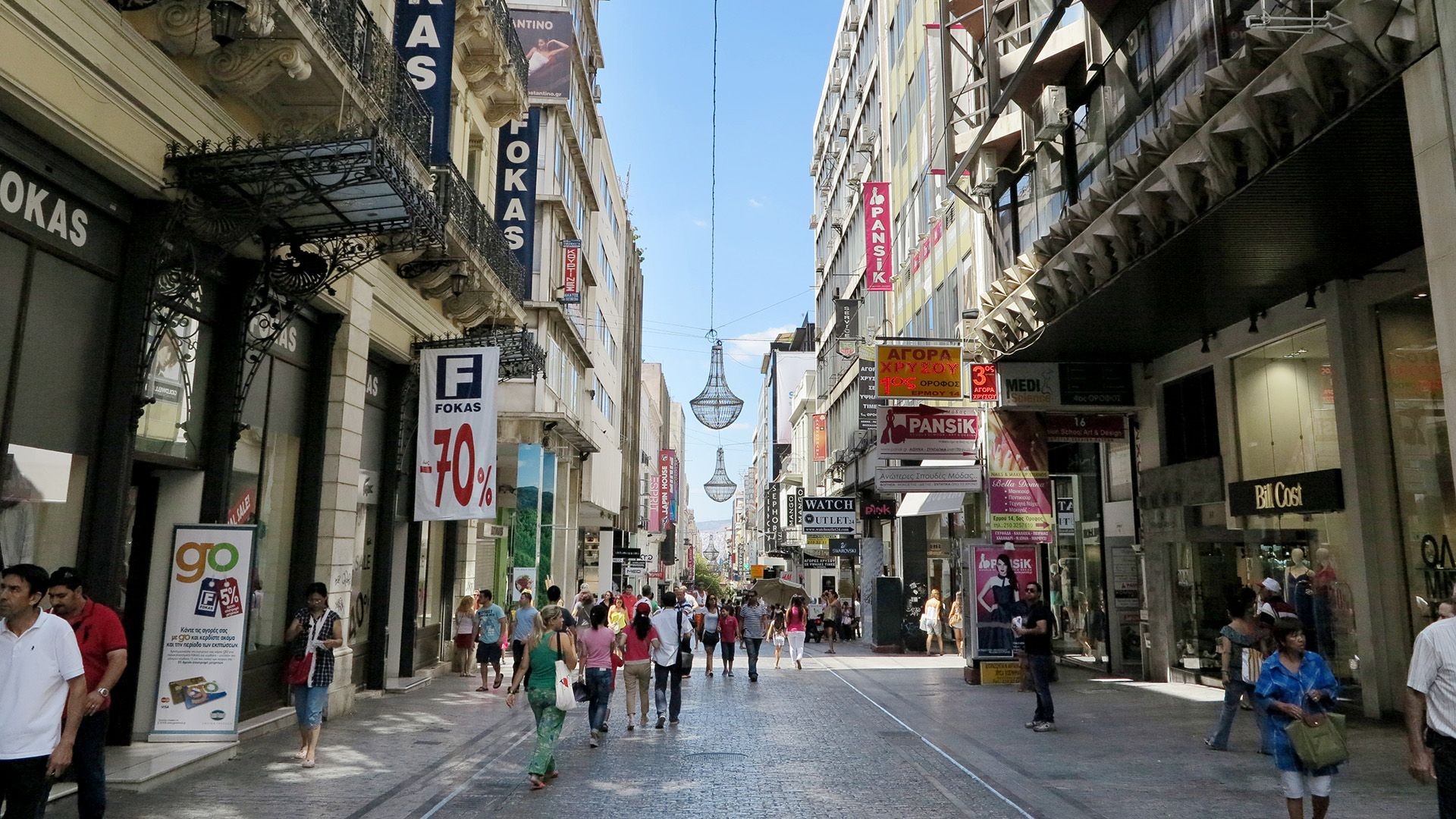Despite inflationary pressures and changing spending habits, the European retail sector shows resilience. Retail sales are forecasted to grow modestly in 2024, driven by the recovery of consumer confidence and the stabilization of energy costs. The appetite for experiential retail—where shopping integrates entertainment, dining, and lifestyle—continues to rise, offering a beacon of hope for landlords and retailers.
Online shopping remains strong, though its growth rate has moderated compared to the pandemic boom. Retailers are increasingly adopting omnichannel strategies, blending physical stores and digital platforms to offer seamless consumer experiences.
Physical stores retain a vital role in retail strategies, but their purpose is shifting. Flagship stores are evolving into brand showcases, while suburban retail parks and convenience-oriented centers benefit from proximity to local communities. This change highlights the importance of understanding localized needs over generic solutions.
High streets in some major cities face challenges due to increased costs and competition from e-commerce. However, vibrant locations that integrate retail with leisure, culture, and workspaces are outperforming. Mixed-use developments that include retail, residential, and office spaces are emerging as viable solutions to revitalize urban centers.
Sustainability: A New Driver of Value
Sustainability is no longer optional but central to retail strategy. Both consumers and investors are prioritizing environmentally conscious choices, influencing how retailers approach real estate. The push for green certifications like BREEAM or LEED, energy efficiency upgrades, and circular economy principles are shaping investments in the sector.
Retailers are focusing on reducing operational carbon emissions, repurposing existing properties, and integrating renewable energy sources into their portfolios. These measures align with broader ESG (Environmental, Social, and Governance) goals, making assets more attractive to investors.
Investment Landscape: Shifting Priorities
Retail real estate investment volumes in Europe remain below pre-pandemic levels but are stabilizing. Shopping centers and retail parks are witnessing renewed interest due to their ability to adapt to changing consumer needs. Investors are increasingly selective, favoring assets with strong footfall, prime locations, and sustainability credentials.
Secondary markets and value-add opportunities are gaining traction, with investors targeting properties that offer the potential for redevelopment or repositioning. The need to modernize outdated retail spaces creates a window for value creation through design innovation and technological integration.
The Role of Technology in Retail Real Estate
Technological advancements are reshaping how retail properties operate. Smart building systems that enhance energy efficiency and tenant management are becoming standard in modern retail developments. Digital twins and advanced data analytics also enable landlords to optimize performance and enhance customer experiences.
Looking Ahead: 2024 and Beyond
The retail market in Europe is adapting to a multi-layered reality. Retailers and landlords who embrace flexibility, innovation, and sustainability are poised to thrive in this evolving landscape. While challenges such as rising costs and economic uncertainty persist, the opportunities for those willing to innovate remain significant.
JLL’s report underscores that collaboration between stakeholders—retailers, landlords, investors, and municipalities—will be critical in shaping the future of the sector. As consumer preferences and market conditions evolve, so too must the strategies for success.
Source: JLL















